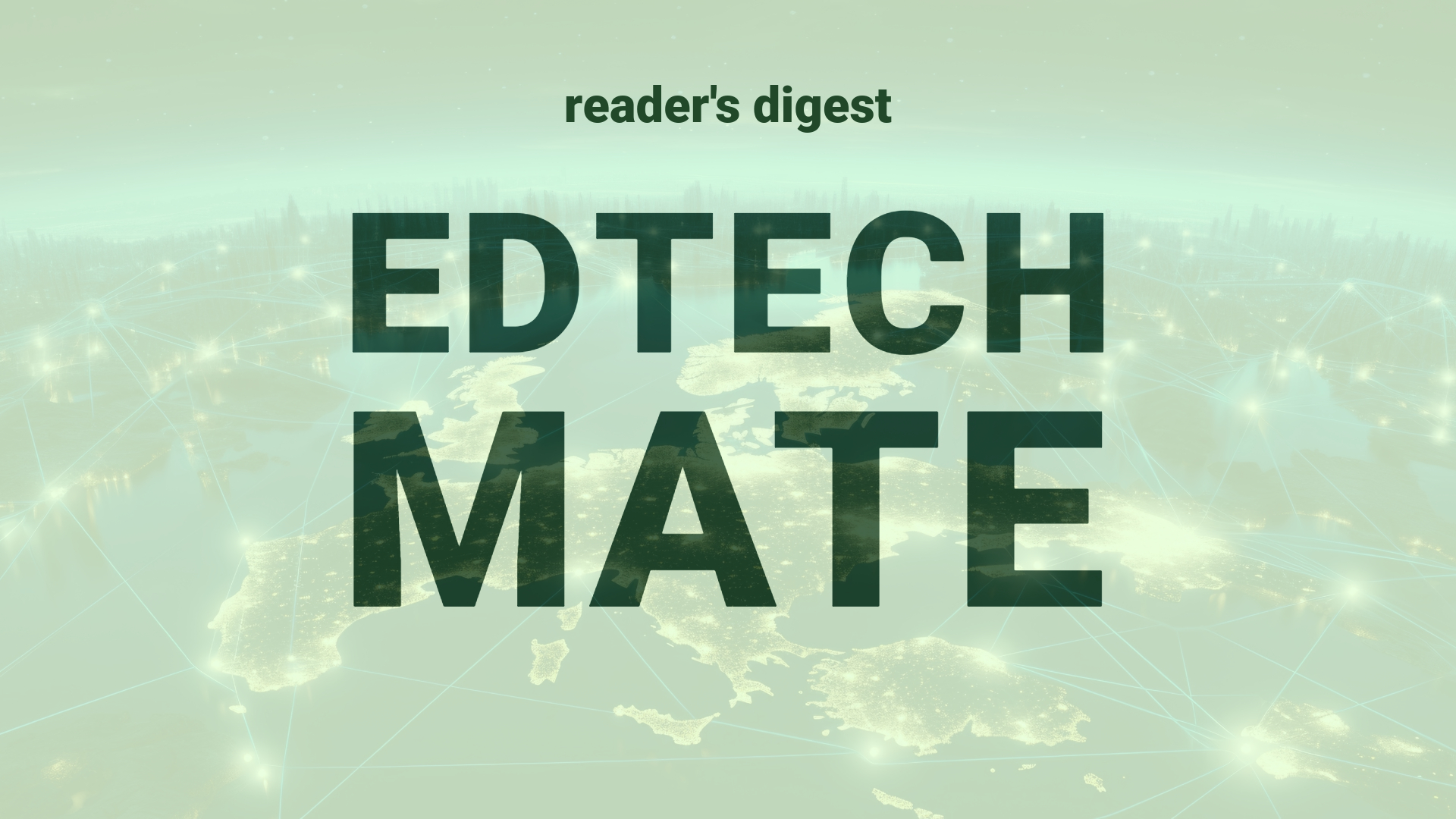Executive Summary and Main Points
In the realm of international education and digital transformation. October 2023 marked a significant declaration from the “Five Eyes” intelligence alliance—comprising Australia, Canada, New Zealand, the United Kingdom, and the United States—urging corporations to enhance their geopolitical awareness and fortify their data and intellectual property security. Amid escalating global tensions, a McKinsey Global Survey has identified geopolitics as the principal concern for business leaders. Adaptation to these geopolitical fluctuations is now imperative for organizations, underscoring the need for proactive strategies rather than reactive stances.
Potential Impact in the Education Sector
Further Education, Higher Education, and Micro-credentials are poised to feel the reverberations of these geopolitical warnings. The advice dispensed by the Five Eyes can spur a reevaluation of partnerships and trigger a push towards digitalization and cybersecurity in education. Institutions may need to scrutinize their international collaborations, safeguard their research outputs, and diversify their engagements to mitigate over-dependence on specific markets or partners, all while using digital tools to maintain a globally-connected yet secure educational environment.
Potential Applicability in the Education Sector
Applying AI and digital technologies could offer robust solutions to the geopolitical risks highlighted. AI-driven analytics could monitor and predict geopolitical shifts impacting international student recruitment, research funding, and collaborative projects. Additionally, digital tools can assist in diversifying student demographics, thereby countering market overdependencies, and in developing secure platforms for the exchange of intellectual property within the academic community globally.
Criticism and Potential Shortfalls
Critical analysis reveals potential flaws in rapidly adopting geopolitical risk units and digital transformation in education, such as the exacerbation of the digital divide and the ethical concerns over surveillance. Comparative case studies from various international educational institutions may provide insight into the effectiveness and cultural adaptability of these recommendations. Moreover, the balance between security measures and academic freedom raises ethical debates that must be carefully negotiated.
Actionable Recommendations
For international education leadership, it is crucial to embed geopolitical risk awareness within strategic planning. This can be achieved by establishing specialized units or integrating risk assessment into existing infrastructures. Educators should foster a culture of digital literacy and cybersecurity, ensuring that both staff and students are equipped to operate within a secure digital framework. Additionally, leveraging strategic partnerships can help share knowledge, resources, and best practices concerning geopolitical risk management and digital transformation, promoting resilience across the global education sector.
Source article: https://www.mckinsey.com/capabilities/risk-and-resilience/our-insights/eye-in-the-sky-launching-a-geopolitical-risk-unit

